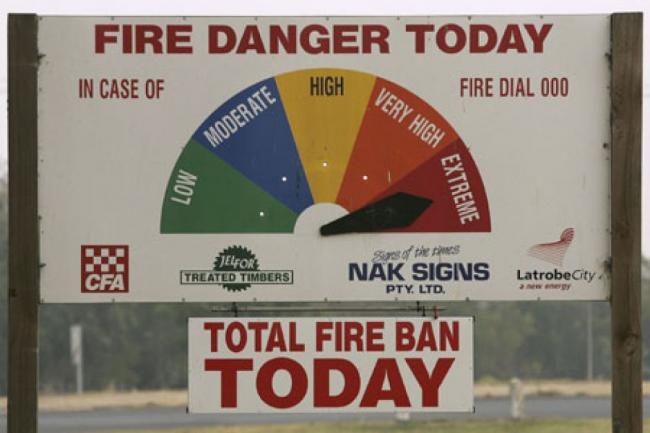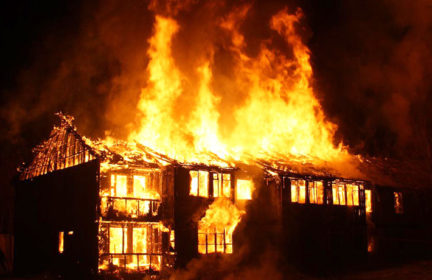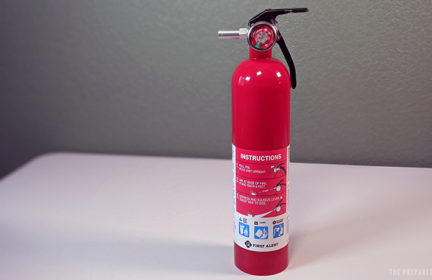Outdoor target shooting can lead to wildfires
Target shooting outdoors can be a fun hobby, family activity, sport, and prep. It is important to get out and be comfortable with your weapons and test the reliability of your gear. But shooting a small piece of metal thousands of feet per second can not only be dangerous if it hits someone by accident (another forum post for another day), but can also cause a wildfire.
It may seem very unlikely, but it does happen and you don’t want to be shooting, cause a fire, not know how to handle it, and cause millions of dollars in damages and have people lose their homes because you were unprepared.
With the climate changing, wildfire numbers are increasing. 58,985 wildfires occurred in 2021, 90% were human-caused, burning 7.1 million acres. No bueno…
Here are some tips:
Avoid shooting when the fire danger risk is high. When traveling to the area, you may see charts on the side of the road informing people of the fire danger risk that day. If you see that there is a fire ban in place, the risk is high, it is a hot and windy day, or there hasn’t been rain in a while, go somewhere else. Bullet shards are hot and you can’t control where they land.
Don’t shoot into the weeds. Place targets on dirt or gravel and away from vegetation. Just like when you build a fire pit at the camp site and clear stuff around you, do the same for where the bullets will be going.
Shoot paper targets, steel targets or hitting rocks can throw sparks. Exploding or flammable targets are cool, or you may have an old printer you want to shoot, but these all can cause fires.
Stick with lead core bullets, they are less likely to cause fires than steel core or solid copper ammo. Also avoid shooting tracer or incendiary rounds where they could ignite nearby brush.
Always bring a shovel and fire extinguisher with you to quickly put out any fire that may start. Without these tools, you will be just kicking dirt onto a growing fire and that won’t do much.
Call 911 immediately if a fire starts. Sure you will probably get in trouble, get a fine, and may have criminal charges put on you, but it’s a small price to pay to own up to your mistake and quickly get the help out to the scene as soon as possible to stop as much destruction as possible. Again, you will feel pretty bad about yourself if you see families displaced on the news because of your negligence. Many of the locations where you will be shooting will not have reception to call emergency services, so be aware on the way to the shooting range where you lose service and where you will need to drive back to to get it again. When calling 911, report where it started, what type of material is burning, how fast is it moving, how tall the flames are, and what is in the path of the fire.
Park your vehicle in a safe place. Hot exhausts systems parked over some dried material can ignite and start a fire before you even start shooting.
When cleaning up after a fun day of shooting (yes, you need to do this and don’t just leave all your junk out there because the 50 people before you did as well), look closely for any smoke, embers, or signs of fire. Do a final sweep of the location and leave it better than when you got there.
This topic just came to mind and I’ve been thinking about it for a while. I have been guilty of violating many of the above rules in the past, but I want to move forward and improve myself and decrease my likelihood of causing a fire.
-
No Comments


